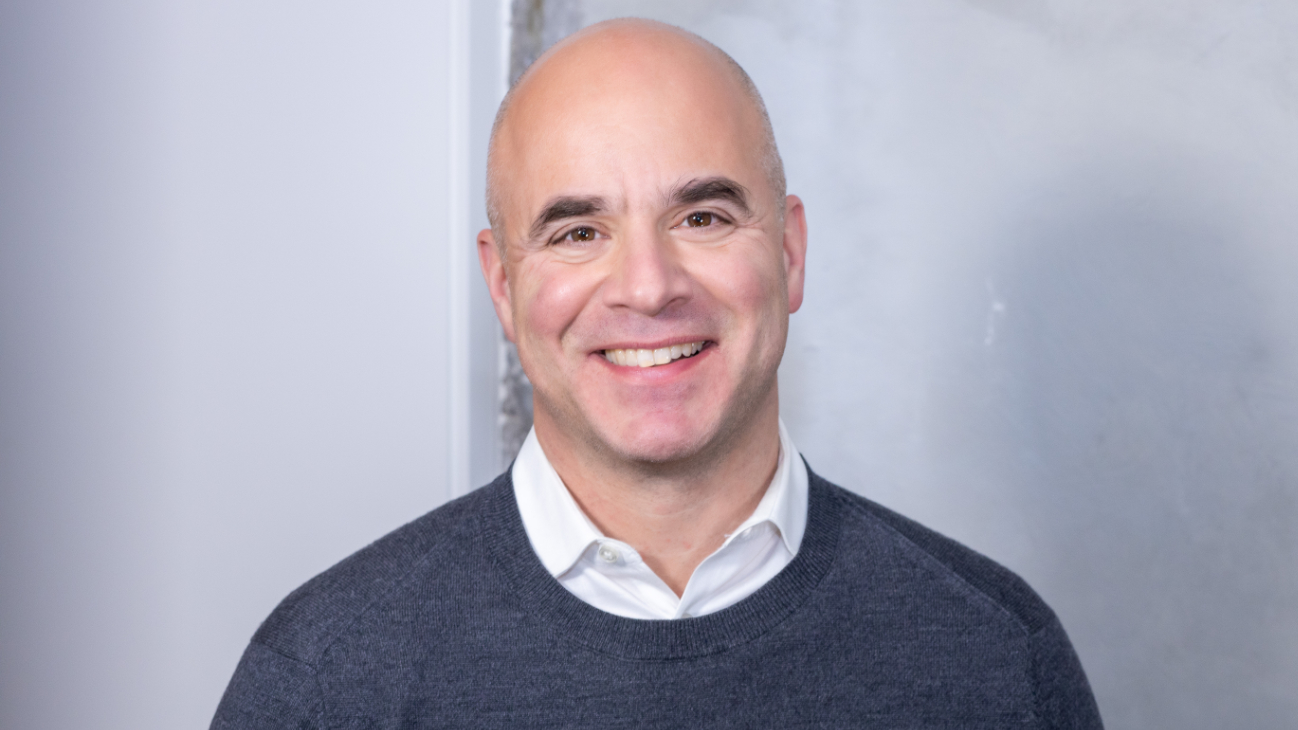Recently, our very own Martin Perelmuter was profiled in Prevue Meetings + Incentives’ industry magazine. He shared insight into how the events industry and keynote speaker selection has (and hasn’t) changed over the pandemic, and what he sees ahead as we enter a new era of hybrid events.
While speaking to Speakers Spotlights’ transformation over the last few years, Martin’s fascinating Q&A dives deep into risk management in the future of events and the challenges and opportunities ahead for planners and speakers alike.
Prevue: How has speaker selection changed since 2019?
Martin Perelmuter: Things hadn’t changed much in our 25 years leading up to 2020. Then everything changed overnight.
The initial change, obviously, was the shift to virtual. Many of our clients were very experienced and highly educated meeting professionals who had been planning conferences for decades. While they brought a lot of expertise to the speaker selection process, many of them had never done virtual before, and they weren’t sure how it would work (or even if it would work), what format they should use, what technology platform they needed, etc. And on the speaker side, engaging audiences on a little screen versus on stage required a whole different skill set — it was a huge change for everyone.
So, our role became much more consultative. We went from helping planners find the best speaker to helping them through the whole virtual event process, from what kind of platform and technology to use to the set-up the speaker would need and how that speaker would engage with the audience. We were consulting with both planners and speakers to help them make that pivot.
At the end of the day, our biggest job is to help our clients make better buying decisions and find the speaker that’s going to help them achieve their goals. But the number of factors involved multiplied over the pandemic because planners couldn’t just watch a video of a speaker on stage and read some testimonials and know that would translate to virtual.
Then once in-person started coming back, the stakes were even higher because they were bringing people together for the first time in years — plus the costs are so much higher to do an in-person event than virtual — so, they really wanted it to be amazing.
On the attendee side, some people couldn’t wait to get back to in-person events, while others were hesitant, so that added to the stakes as well. There’s even more pressure to ensure all elements of an event are phenomenal.
Prevue: How are speakers handling the return to in-person events?
MP: Some speakers are just dying to get back on the road, while others are just like, “Hey, I’m making great money speaking from my living room. So why do I want to go anywhere?”
But what we’re seeing for our business is that in-person is back in a big way — about 75-80% of our bookings are in-person now. There’s still a place for virtual but other than the high-end celebrity-type speakers who are in such high demand they can dictate their terms, most speakers need to get back on the road. If they’re only willing to do virtual, then it’s likely their business is going to be down significantly.
Most speakers who are back are loving it. They really missed the audience feedback and the whole experience of speaking in front of a live audience and getting that instant response.
Prevue: How has Speakers Spotlight changed to accommodate the more agile, resilient, and adaptable events market of 2023?
MP: We’ve always done everything we could to help our clients make the right speaker choice. Today, there’s even more scrutiny on this process, so our aim is to provide whatever tools needed to help make the decision process easier for event planners. Whether that means getting more and better video or ensuring we have all the collateral and materials planners may need in one, accessible place.
On the speaker side, we made sure they updated their collateral. Almost everything people were talking about in 2019 is no longer relevant. So, we had to get updated video footage of speakers so clients could see what they’re talking about now.
There’s also a lot of risk aversion in the decision-making process today, which I mentioned briefly above. Obviously, after everything that happened in 2020, a lot of clients are scrutinizing contract terms — what happens if we have to cancel or what happens if the speaker cancels or what if… — so there’s a lot more focus on how we can help the client if something goes wrong.
When in-person started to come back, we had several situations where a speaker would test positive for COVID the night before their event. In some cases, clients would switch the speaker to virtual if they were feeling up to it, in other cases, we had to find a replacement. So, we’ve had to become more flexible and responsive in order to meet the challenges of a COVID world and ensure our clients get what they need.
And that extends to the travel uncertainty we have right now. We have to ensure that speakers are getting in early as they can — again, just a lot more focus on contingency planning. Pre-pandemic, we were always there for clients 24/7, but the likelihood of something happening out of the ordinary was low. This number has gone up significantly since 2020 because there’s so many more factors at play today.
Prevue: Any thoughts to share on what new challenges and opportunities are on the horizon for speakers (and those who hire them for their meetings and events)?
MP: We’re still in an in-between time and nobody knows for sure what’s going to happen. The one thing we’ve all learned over the last few years is that nobody can predict what’s going to happen next.
Having said that, for speakers, it’s all about the value you provide. Before, some speakers thought the value they provided was getting on stage for an hour and entertaining, inspiring, educating, etc., and then they get off stage and that’s the end of their interaction with this group.
Now I look for speakers who are looking at how they can add value to an organization or to that event beyond just their participation for an hour. Maybe there’s digital learning tools they can use, some virtual follow-up sessions, things like that, that can help keep the learning alive and keep the momentum going after an event.
There’s some speakers who do that wonderfully already. To me, those are the speakers who are going to be best positioned for the future because the purpose of an event is not just limited to the two or three days that people get together — it’s about the impact it will make well beyond that timeframe. It’s the speakers who can provide greater impact beyond that one event, who will be well-positioned moving forward.
The reason I got into this business in the first place was seeing the potential that a speaker can have to change someone’s thoughts and ideas about a particular topic. When you can impact the way someone thinks and feels about something, you can influence the way they behave. And if you change their actions, that’s how change happens on a bigger scale.
I’ve always said that we don’t want to be in the slot-filling business — we want to be in the behaviour-change business, the impact business. It’s pretty cool that we can facilitate that and be catalysts for change. A speaker can’t follow every attendee around for the next 12 months and make sure they’re doing the things that they should be doing. But they can plant those seeds that, if they do an effective job, can have monumental impact on a business, a life, and a career.
It’s an exciting time for the events industry. While no one wanted the pandemic to happen and it certainly hasn’t been easy, it’s like that expression, “Never let a crisis go to waste.” I think people, and certainly people within our industry, have learned a lot about themselves and about how they interact with one another.




